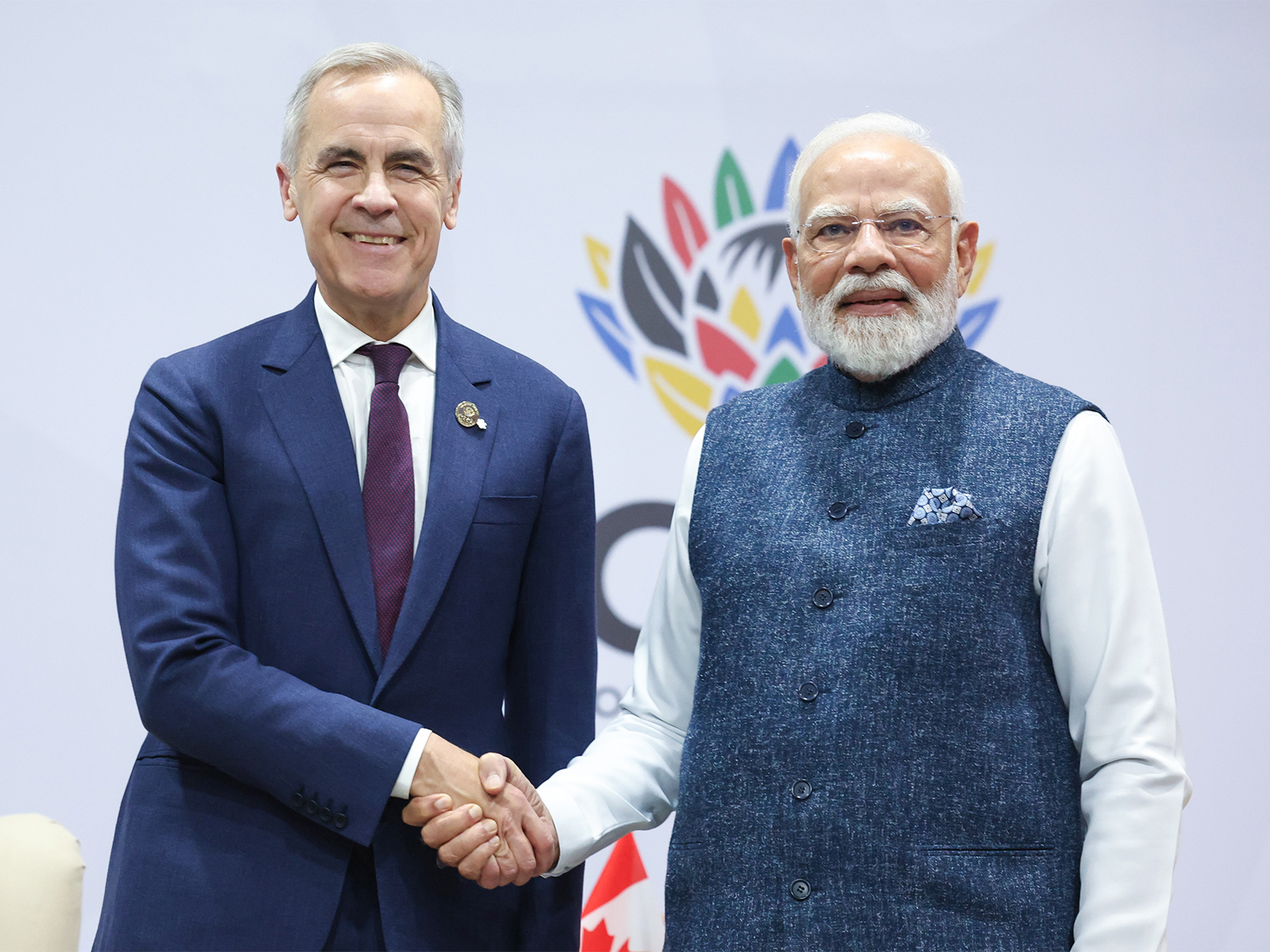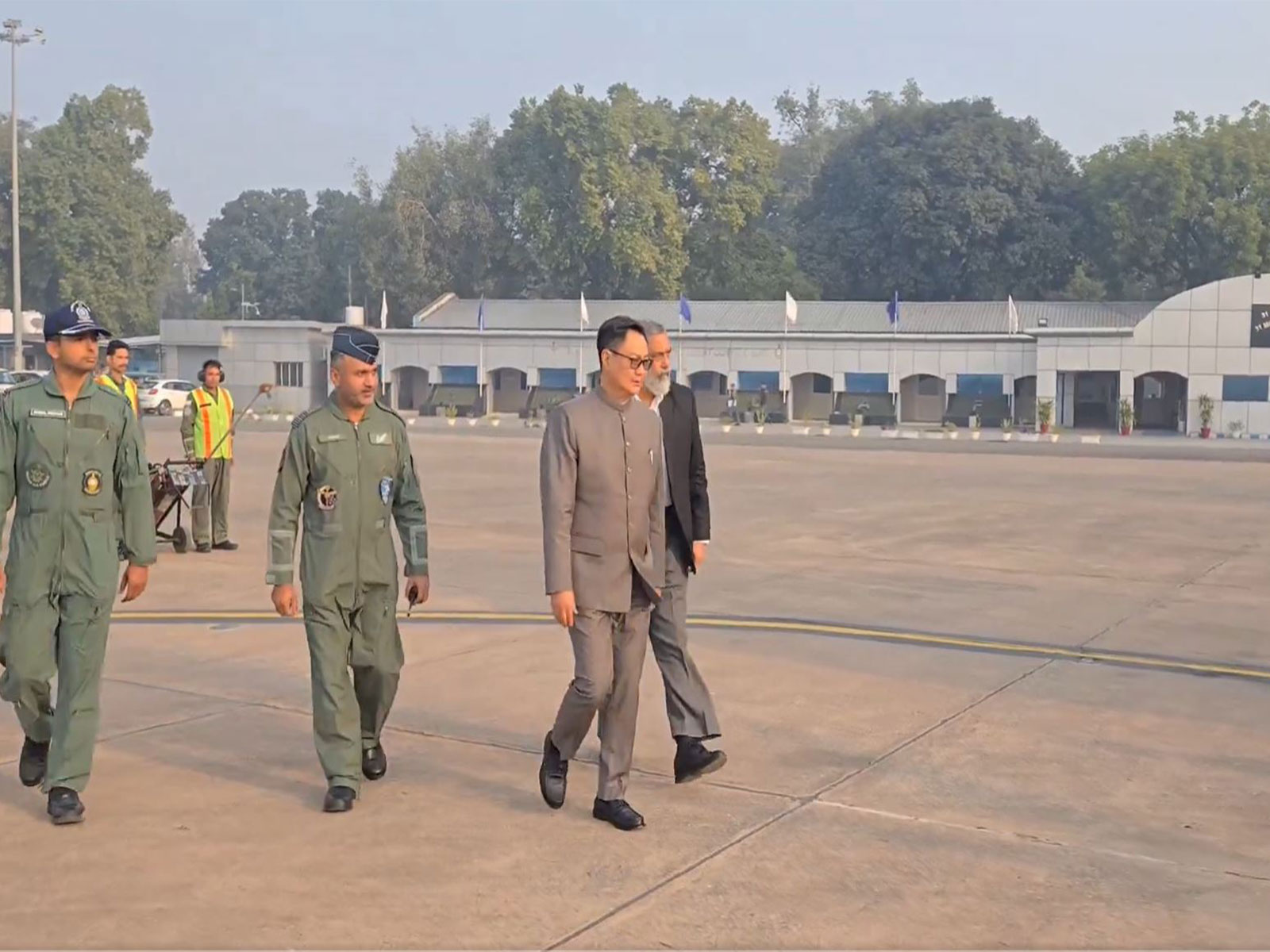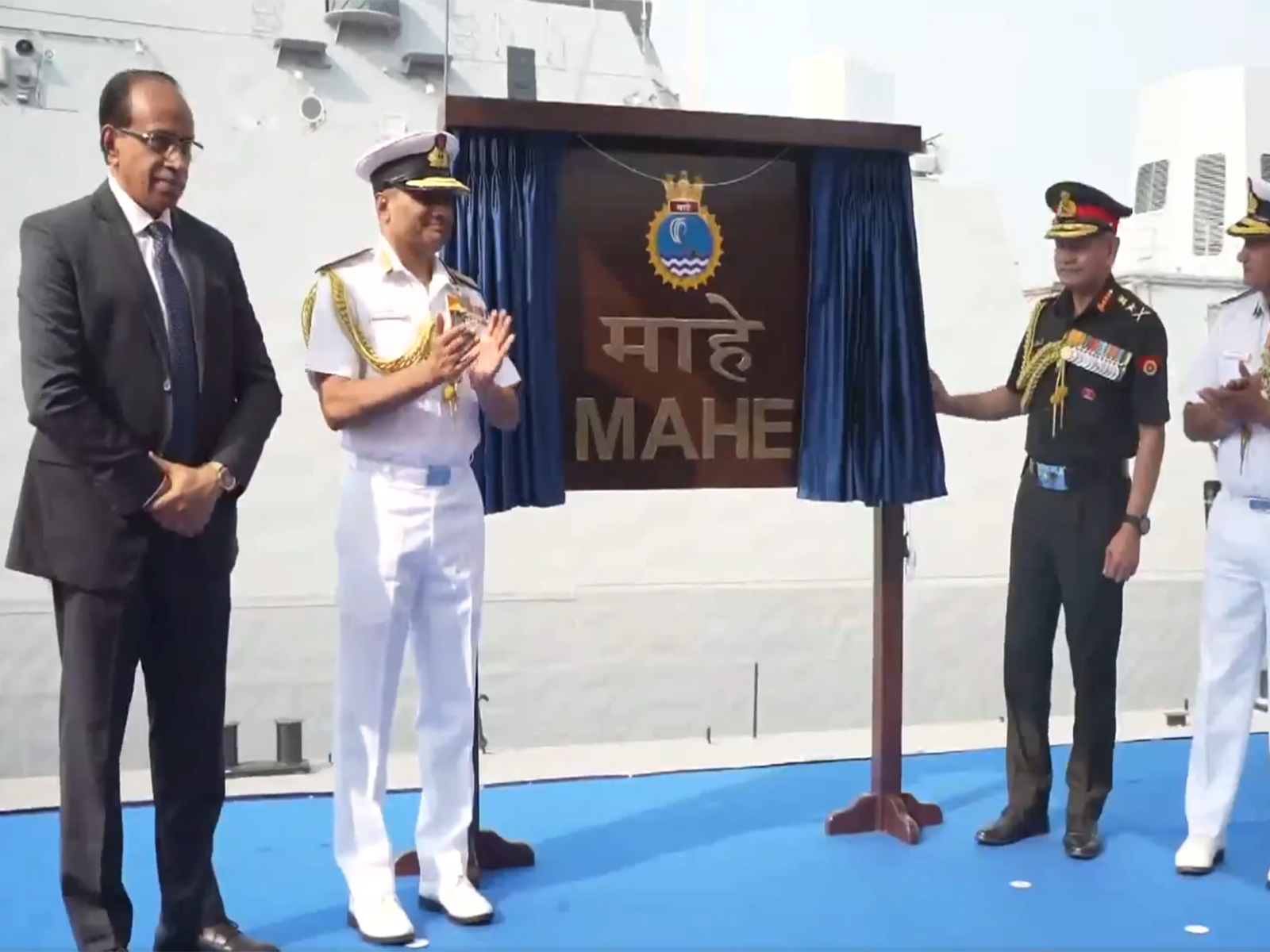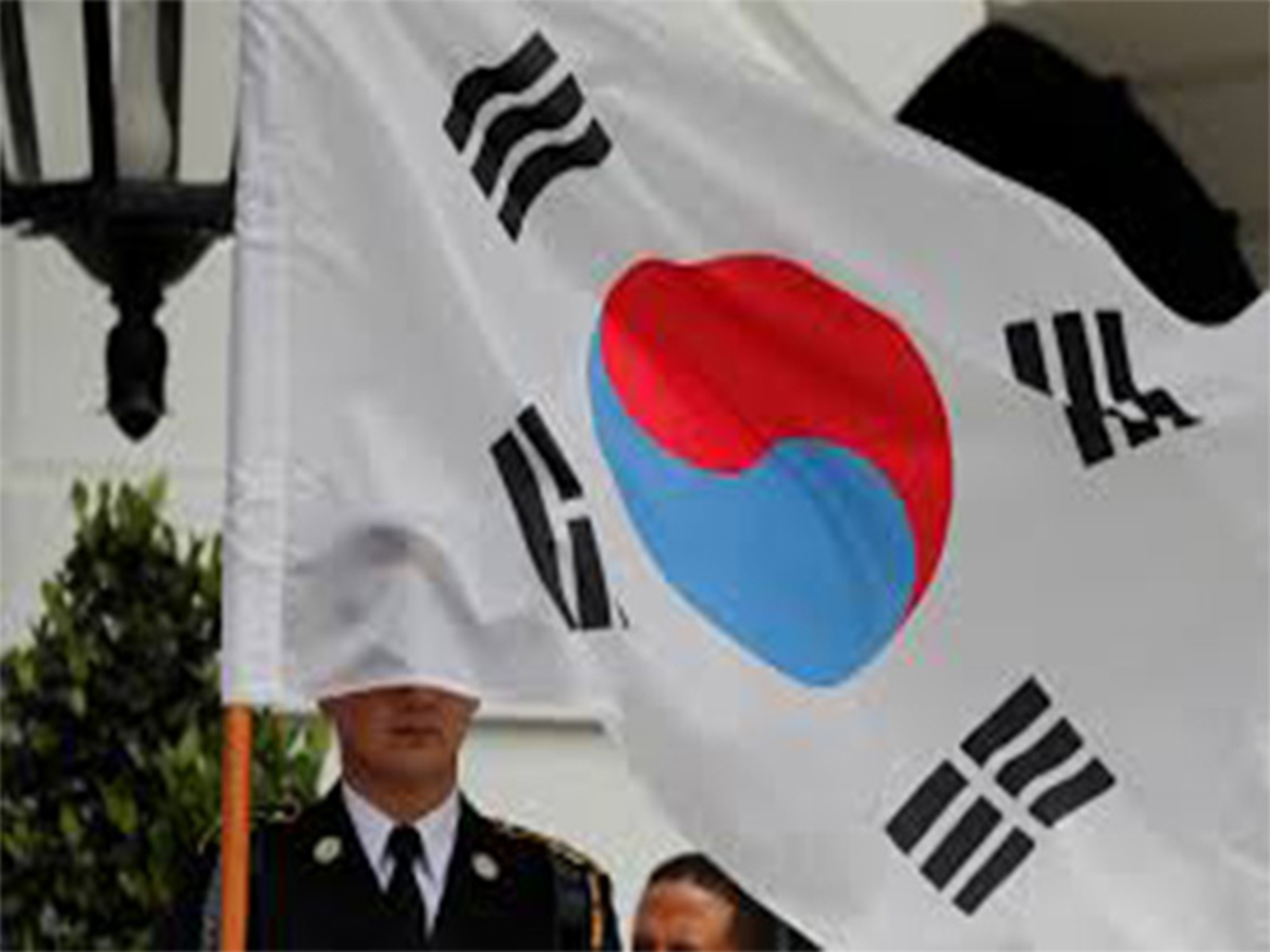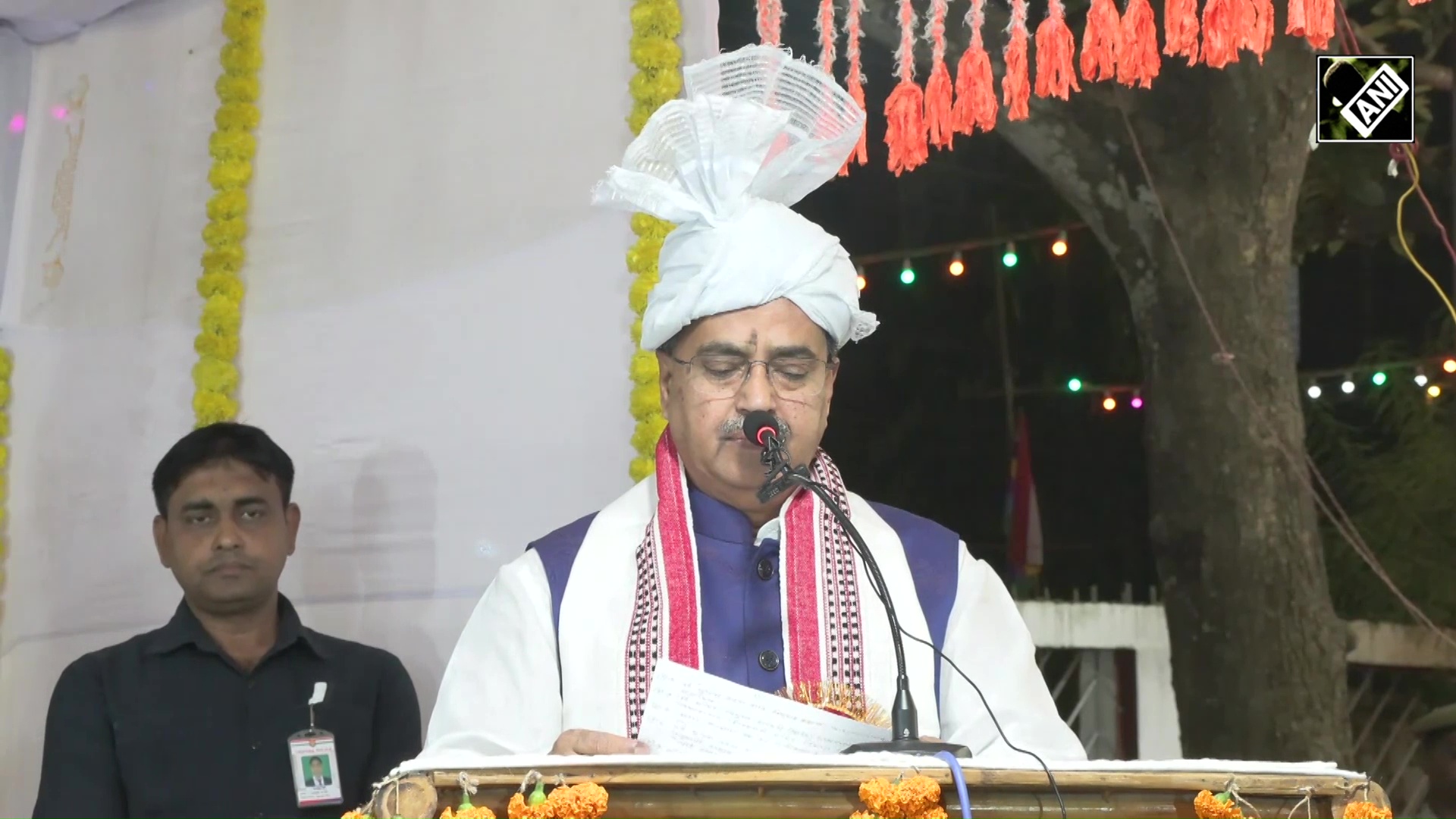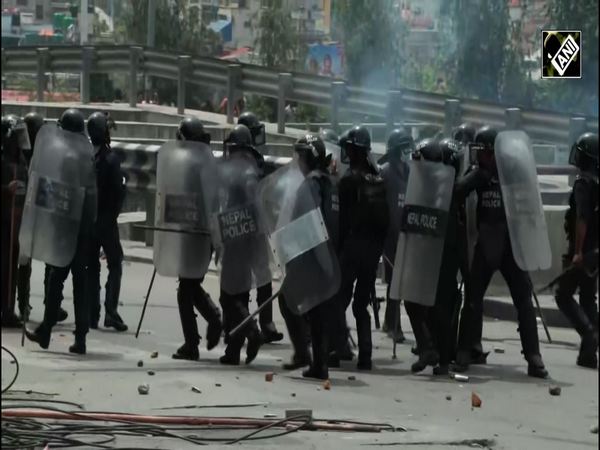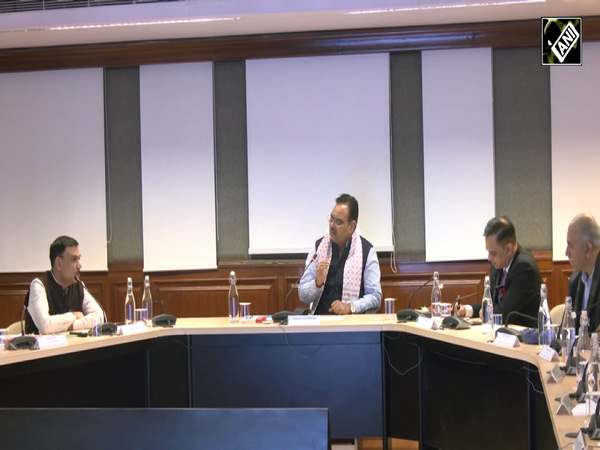Questions on Afghanistan arise despite recent Oslo talks
Jan 31, 2022

Kabul [Afghanistan], January 31 : Questions have been raised on the outcome of the Oslo talks as issues related to recognition of the Taliban government still hang despite promises from the western capitals on increase in humanitarian aid.
No foreign government has yet formally recognized the legitimacy of the Taliban's rule over Afghanistan, referred to by the group as the Islamic Emirate of Afghanistan (IEA), although several world powers have engaged with the government at various levels, as reported by Al Jazeera.
The talks in Oslo were the first official trip by acting Afghan Foreign Minister Amir Khan Muttaqi and his delegation to Europe since the Afghan Taliban captured Kabul and took control of Afghanistan in mid-August.
Following the January 24 talks, diplomats from the US and Europe said they told Afghan Taliban officials that humanitarian aid would be tied to an improvement in the human rights situation in the country, which international rights groups and Afghan activists have said has worsened considerably since the Taliban took over.
Earlier, United Nations chief Antonio Guterres said Afghanistan was "hanging by a thread", as the economy ground to a halt following the Taliban takeover and ensuing international sanctions, including the freezing of more than USD 9 Billion in Afghan central bank assets, as noted by Al Jazeera.
The United Nations has said more than half of the Afghan population is facing "extreme hunger".
Earlier in January, UN Secretary-General Guterres launched an appeal for more than USD 4.4 billion "to keep the food, education and economic systems from collapsing"
Analysts have said some of the key determinants of whether the Afghan government is diverse will include whether the Taliban's political opponents, such as members of the previous government, are able to participate in it, as well as the role played by women and ethnic minorities.
The Taliban's previous stint in power in the 1990s was marked by a largely homogenous dominated government that enforced a strict interpretation of Islamic law on the country, with severe restrictions imposed on women in many spheres of life, as noted by Al Jazzera.
"[US and European officials] raised the importance of respect for human rights and the strong need for an inclusive and representative political system to ensure stability and a peaceful future for Afghanistan," said the joint US-European statement issued after the Oslo talks.
